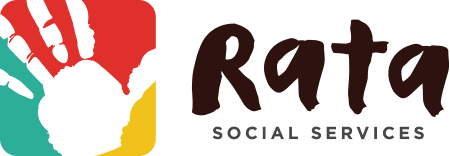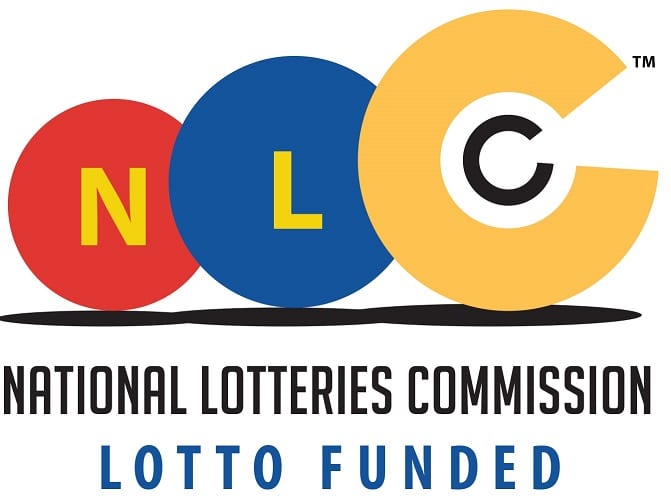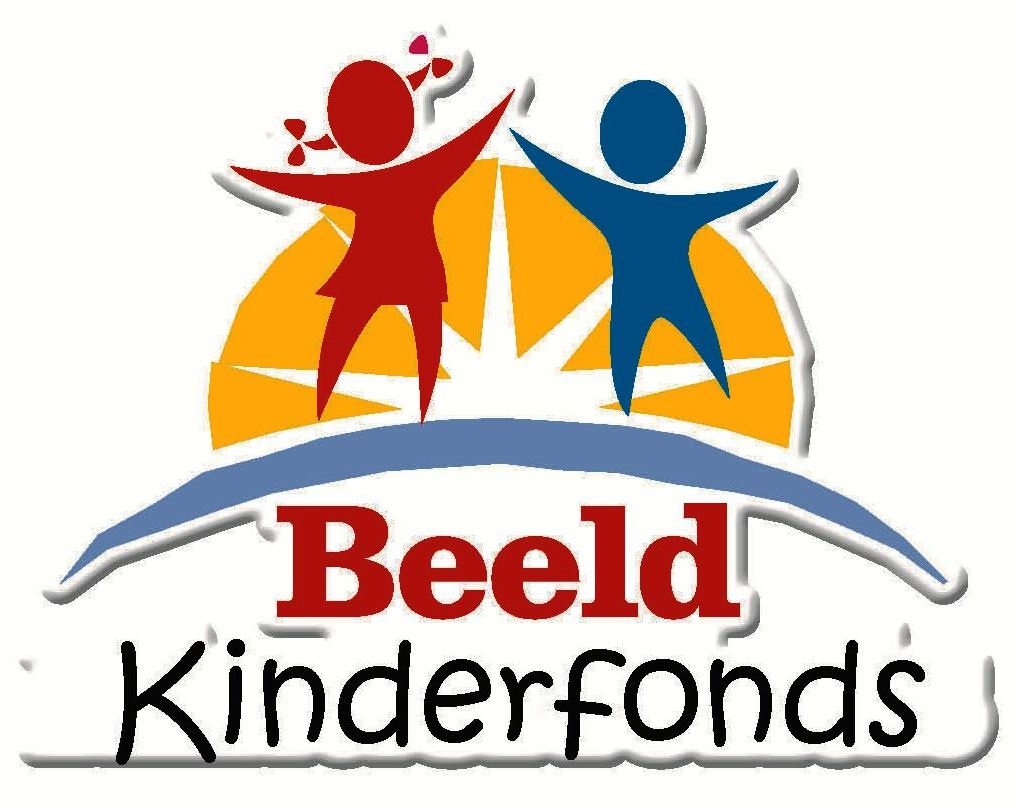[vc_row][vc_column width=”1/2″][vc_column_text][/vc_column_text][vc_column_text]
- IDENTIFICATION INFORMATION
Name of the project: Fundanami Literacy Project
Physical Address: Rata Social Services
55 Malherbe Street
Capital Park
Postal address: Rata Social Services
P.O BOX 26282
PRETORIA
0007
Contact details
Telephone: 012-3252320/ 012 -3735257
Fax: 0123251856/0123735257
E mail: rata@pretoria.org.za
Person Responsible:
The Programme Manager: T.N Masina
The Social Worker: Fulufhelo Makhubele
The Auxiliary Worker: Patricia Nomvula Matabane
[/vc_column_text][/vc_column][vc_column width=”1/2″]
[/vc_column][/vc_row][vc_row][vc_column][vc_column_text]- INTRODUCTION
The proposal seeks to source funding for Fundanami Literacy project for children experiencing learning challenges such as reading and counting. The funding proposal is linked to the three year cycle business plan of the organisation. The need for the project was initiated as a result of the increased referral from schools in the community with regard to children with social and learning problems. The cases referred for social servive intervention are from children experiencing maltreatment such as neglect, physical, emotional abuse and health problems related to poor nutrition and learning problems. Lack of support from the families have also been identified as having an impact on the child’s academic performance because of high rate of learning challenges were reported at schools. Basic reading and writing skills were identified as challenges preventing the children from coping at secondary level of education and subsequently dropping out of school. The Rata Social Services formed a partnership with the school to initiate a programme whereby the child development is enhanced through addressing the social and educational needs.
- PROJECT DESCRIPTION
3.1 THE LITERACY AND NUMERACY SUPPORT PROGRAMME.
The name of the project is Fundanami project, a socio-educational support programme initiated to provide learners with learning challenges with the counting, reading skills and strengthening the capacity of the parents to cope with the needs of the learners. The project arose as a result of the continuous monitoring of school progress for the foster care learners. The individual assessment conducted of foster care children indicated that the majority of the foster care children are not coping academically especially at secondary level of education (from grade ten to twelve) because they cannot read and write. The learners are repeating grades and are progressed to another grades because in terms of the Department of Education, a child is not supposed to repeat the same class for more than once. It becomes difficult for the learner to cope at secondary level if not having mastered reading and counting at primary level. The pass rate becomes low and the percentage of children reaching grade 12 and drop out of the school. The inability to continue with their education limit the opportunities of entering into tertiary level of education as well as the labour market.
The following are the factors that have been identified to affecting the academic performance of the children at school:
– Poor socio-economic family background and lack of stimulation from early stages of development.
– Lack of involvement of parents in school work and activities.
– Lack of reading material and recreational activities.
– Inability to understand the medium of instruction used in class.
– Lack of incentives both from school and home to reinforce positive behavior (both academic and conduct)
Commencement of the project
The project started on 27/01/2014 within the school premises of Phuthaditshaba primary school with the Funding from Beeld. It operates from Tuesdays and Thursdays from 14h00 (after school) for two hours. The project started with grade 4 class of forty (40) children. The class was sub divided into Maths and English class (20 learners in each class).Two more classes of grade (5-6) were added to accommodate the learners from grade 4. The additional classes were solely from strengthening the learning skills in preparation for secondary level of education. The classes was scaled down in 2018 because of insufficient funding, but the need still exists.
- GOALS OF THE PROJECT
To improve the literacy and numeracy skills of children experiencing learning difficulties to achieve better academic performance , high rate of school completion and low level of anti-social behavior and the opportunity to participate in the labour market .
- OBJECTIVES OF THE PROJECT:
The project is aimed at providing support for children experiencing learning difficulties such as reading, writing, spelling and counting.
The project also intends to strengthen the partnership between the identified learners, the teachers and the parents to ensure that learner is obtaining the necessary support with regard to school activities.
- TARGET
The project is targeting learners from grade four to grade seven. The reason for starting the project at primary level targeting grade four class is because of the transition of learners from being dependent on one educator for all subjects to various educators of different subjects. The children are struggling to handle the transition and the numeracy and reading is severely affected.
BENEFICIARIES
The current beneficiaries are forty (40) learners from all grade fours of the school. Initially the beneficiaries were 120 learners from grade 4-6, but was scaled down in 2018 down to only grade 4 because of lack of funding.
- AREA OF OPERATION.
The school premises at Phuthaditjaba primary school.
- IMPLEMENTATION PLAN
| Activities | Indicators | OUTCOME | RESOURCES | TIMEFRAMES | RESPONSIBILITY |
| Working relationships
Establish partnership with the school Request permission to utilize the school premises Request permission from the parents for children to participate in the programme. Recruitment of educators(volunteers) |
-Permission letter from school.
-Allocated classrooms Kitchen and Library Indemnity forms Contracts |
Legitimate working relationship with school.
Ensure safety of learners |
Venue
Parents Educators learners
|
01/02/2019 | Social worker
Social auxiliary worker Principal |
| Screening of Learners
identify 40 children with learning problems and with score below30% from all grade 4’s |
Previous School reports
Indemnity forms |
Identified screened children in terms of competency | Learners
Educators Parents
|
01/02/2019 | Social worker
Social auxiliary worker Educators Parents |
| Activity programme
Compile activity programme for Maths and English Pre and post test Pre –exam tests Procurement of learning material
|
Subject schedules Assessment results Stationery Educational material No of books No of educational games and material Register |
Improve reading and language proficiency
Learning environment is used optimally for the learners |
Stationery
Laptops Educators. Learners.
Books Reading books Numeracy and counting games Stationary Vehicle Mobile storage |
01/03/2019
Monthly
01/03/2019
Six monthly |
Educators Social auxiliary worker
Social auxiliary worker Social worker Volunteers |
| Provide nutritional snacks to learners
|
Daily menu
|
Enhance concentration and promote health | Polony,fish,cheese,peanut butter,jam,butter, fruits
Vegetables Drinks Tables(food preparation) Cutlery Mobile storage |
Tuesdays and Thursdays | Social auxiliary worker
Social worker Volunteers |
| Self -care (life skills) | Sanitary pads
Self -care kits |
Improve personal hygiene of learners | Sanitary pads
Soap, washing rags, roll-on and deodorants, toothbrushes and tooth pastes. |
Monthly
Need based |
Social auxiliary worker
Social worker Volunteers Educators |
| Behaviour reinforcement Implement the incentive /reward system for best performance
|
Stationary
condiments
|
Motivation to do better.
Improved self –esteem. Increased participation and |
Condiments | weekly | educators |
| Parental involvement
Monitor school home works. Acknowledgement by signing the reading or the tasks for the day on the school diary Parent to for task teams for different fund-raising activities |
No of home works No of reading books No of activity books Parent signatures Communication book |
Improve the
Communication between the school parent and child.
Increased level of interest on the child school work.
|
Immediate
weekly |
Social auxiliary worker
Social worker Parents
|
- BUDGET
| Financial Year 2019/2022 | Costs |
| Educational material | R20 000-00 |
| Administration costs and stationary costs | R50 000-00 |
| Telephone | R10 000-00 |
| Food | R100 000-00 |
| Self-care kit | R50 000-00 |
| Vehicle expenses (fuel, licensing, services) | R50 000-00 |
| Stipend x 8 educators | R50 000-00 |
| Equipments | R10 000-00 |
| Year –end function | R10 000-00 |
| Total Cost | R350 000-00 |
- Financial accountability
Name of the person or firm responsible for managing your financial records
Accountant: Danie Booysen
ID: 900718 5025 083
Contact details: 012-5430664
Email:fin@rata.org.za
Accounting Firm
MVB Registered Accountants and Auditors
Postal Address: P/O Box 23
PRETORIA
0001
Street Address: Agri-Hub Office Park Building A
477 Witherite Street
The Willows
Pretoria
Gauteng Province
Practice nr: 903147
Tel nr: (012) 460-9146
- SUSTAINABILITY
The is solely dependent on donations and its sustainability is through the Rata Social services fund raising campaigns and the contributions from the churches.[/vc_column_text][/vc_column][/vc_row]




